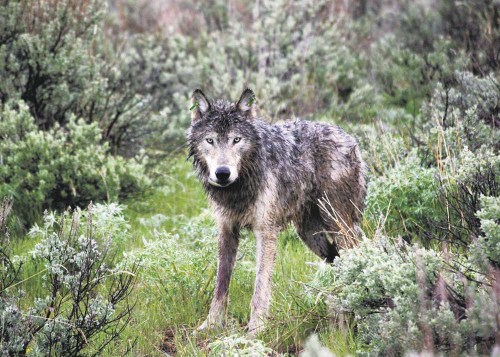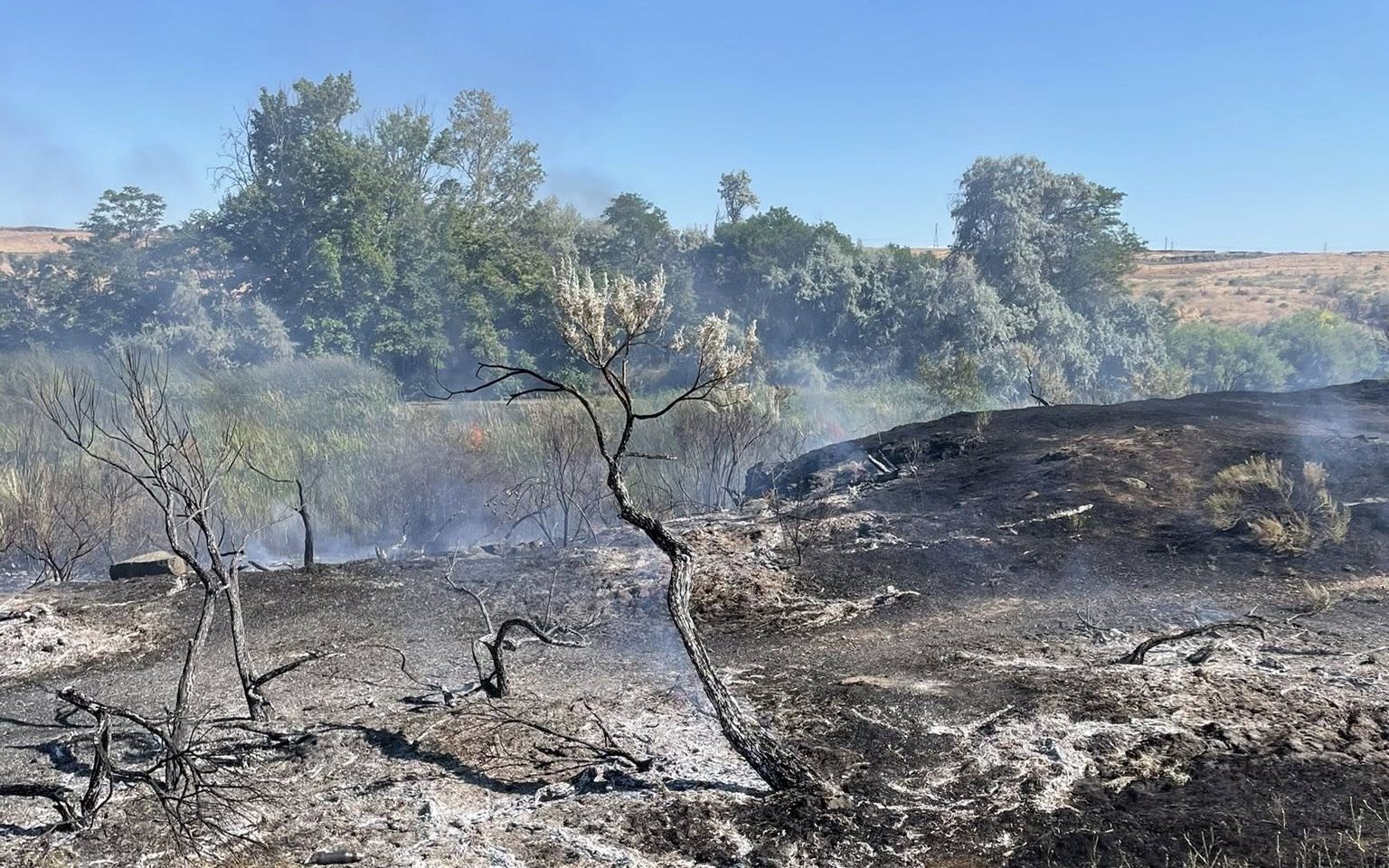Oregon wolf compensation program gets $1 million but no policy changes
Published 5:45 am Friday, July 14, 2023

- The Umatilla County Board Of Commissioners considers approving more than $24,000 in grants for wolf depredation when it meets Wednesday, Feb. 2, 2022.
SALEM — Neither ranchers nor wildlife advocates succeeded in altering Oregon’s policy for compensating wolf depredation this year, though lawmakers did infuse the program with additional cash.
Before adjourning last month, the Legislature approved $1 million in grant funding to pay for livestock losses and wolf deterrence methods, which was the biggest one-time appropriation since the program was created in 2011.
However, the budget-setting Joint Ways and Means Committee didn’t have time to consider competing policy changes to the program proposed by ranchers and environmentalists.
“In a way, this was a victory and we’ll take it as a victory,” said Todd Nash, president of the Oregon Cattlemen’s Association. “I don’t want to seem ungrateful. We should be proud of what we accomplished.”
The program received about $627,000 from the state and federal governments in the last biennium and has annually paid out nearly $260,000 on average in recent years.
This year, the cattlemen’s association urged lawmakers to revise the program’s policy by eliminating compensation for missing livestock and instead paying seven times the amount of losses that ranchers sustained from wolf kills.
Supporters of the “multiplier” proposal under House Bill 2633 argued that wolves actually cause much more financial damage than what ranchers currently receive in compensation for confirmed wolf kills.
Not only do wolves kill more cattle and sheep than are confirmed by state wildlife officials, but the predators also reduce conception rates and birth weights by stressing livestock, according to supporters.
“The amount of money the ranchers are losing far exceeds a 7-to-1 multiplier. It’s probably closer to 14-to-1. We didn’t even talk about that because you’d probably laugh us out of the room,” rancher John Williams of Enterprise, told the House Agriculture Committee earlier this year.
Rancher Tom Birkmaier, also of Enterprise, said he’d recently lost 20 calves to wolves despite sleeping outdoors to try scaring off the predators. He was only eligible to be compensated for six of them.
“I believe a 7-to-1 is very reasonable, especially in saturated areas,” he said.
Wildlife advocates opposed the bill, arguing the seven-fold multiplier may rapidly deplete compensation funds and create a “perverse incentive” for ranchers to forgo deterring wolves.
If the value of livestock killed by wolves dwarfed their normal market value, some ranchers may not bother protecting their animals, said Sristi Kamal, deputy director of the Western Environmental Law Center.
“Why would such a rancher use non-lethals?” she asked.
Several environmental groups suggested a scaled-back version, House Bill 2633, under which ranchers would be compensated for twice the value of breeding females and calves in recognition of the lost opportunity for higher revenues.
The House Agriculture Committee ultimately referred both concepts without recommendation to the Joint Ways and Means Committee, with the idea it would fashion a compromise acceptable to both sides.
“I felt like there’s an opportunity to move closer to what the ranchers need to make this work. It seems like a 4x multiplier is a safe number that gets us closer to comfort,” suggested Rep. Mark Gamba, D-Milwaukie.
However, Republicans denied the Senate a quorum in protest of abortion and transgender care legislation they opposed as too radical, disrupting floor votes in that chamber for more than a month.
A deal resolving the impasse was struck 10 days before the legislative session’s end, allowing many stalled agriculture bills to win approval.
However, the wolf compensation proposals were not among them, as the Joint Ways and Means Committee didn’t even schedule a hearing on the bills.
Nash, president of the cattlemen’s association, said he supported the GOP walkout on principle.
“But there were some consequences that came with that,” he said.
The multiplier concept didn’t die in committee as an act of retaliation, but rather because time legitimately ran out, Nash said.
Revising the program’s rules would have been more complex than simply appropriating money to the wolf depredation compensation fund, he said. “Every time you change policy, it becomes a bit of a tougher lift.”






